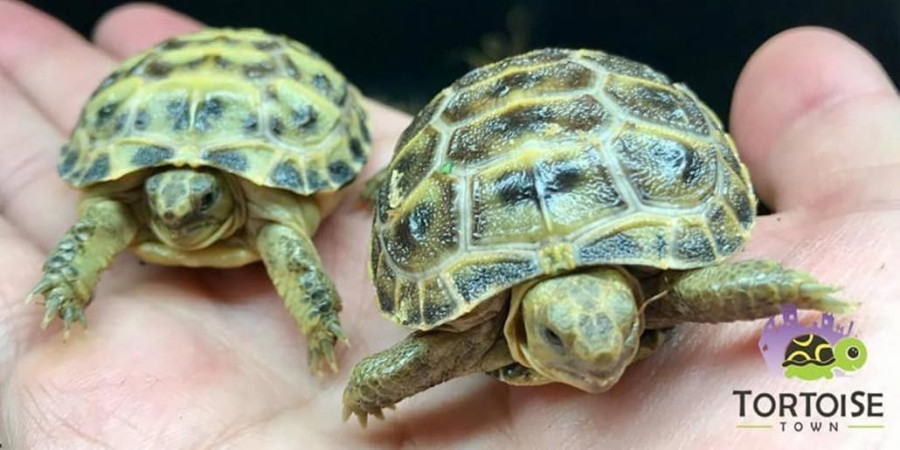

So You Want a Russian Tortoise? Unveiling the Costs
The adorable Russian tortoise, with its endearingly grumpy expression and long lifespan, has captivated reptile enthusiasts for decades. But before welcoming one of these shelled friends into your home, it's crucial to understand the full financial commitment. This blog post delves into the costs associated with owning a Russian tortoise, ensuring you're well-prepared for their care.
The Tortoise Itself
- Price Range: Russian tortoise prices can vary depending on age, breeder reputation, and geographic location. Generally, expect to pay anywhere from $200 to $400 for a healthy hatchling or young tortoise. Adult tortoises may cost slightly more.
Habitat Essentials
- Enclosure: A well-sized enclosure is vital. Depending on the tortoise's age, a good starting point is a 4' x 8' enclosure, which can range from $100 to $300. Remember, some tortoises can live for 50 years or more, so factor in future growth needs.
- Substrate: Provide a safe and comfortable substrate like reptile carpet or a proper soil mix. Budget around $20 to $50.
- Heating and Lighting: Russian tortoises require specific UV lighting and heat sources to maintain proper health. Heat lamps, thermostats, and UVB bulbs can cost $50 to $100 initially.
Daily Needs
- Food: Russian tortoises are herbivores and require a varied diet of fresh vegetables, weeds, and hay. Plan on spending $20 to $50 per month on groceries for your tortoise.
- Supplements: Calcium and vitamin D3 supplements are crucial for healthy shell and bone development. Budget around $10 to $20 per year.
Veterinary Care
- Annual Checkups: Schedule regular checkups with a veterinarian experienced in reptile care. These can cost $50 to $100 per visit.
- Unexpected Expenses: Just like any pet, unforeseen medical needs can arise. Set aside an emergency fund for potential vet bills.
The Bottom Line
The initial cost of acquiring a Russian tortoise is $400 to $800, encompassing the tortoise itself and essential equipment. Factor in $100 to $200 per year for ongoing expenses like food, supplements, and vet care.
Owning a Russian tortoise is a long-term commitment. By understanding the associated costs, you can ensure you're financially prepared to provide your shelled companion with a happy and healthy life.
References
- Russian Tortoise.com - How Much Does a Russian Tortoise Cost? [2022 Pricing + Beginner Guide]: https://www.petco.com/shop/en/petcostore/product/russian-tortoise
- Petco - Russian Tortoises: https://www.petco.com/shop/en/petcostore/category/reptile/pet-reptiles/turtles-and-tortoises
Popular articles

Apr 11, 2024 07:40 PM

May 25, 2024 08:09 PM

Apr 11, 2024 07:22 PM

Apr 10, 2024 07:59 PM

Mar 14, 2024 07:53 PM
Comments (0)